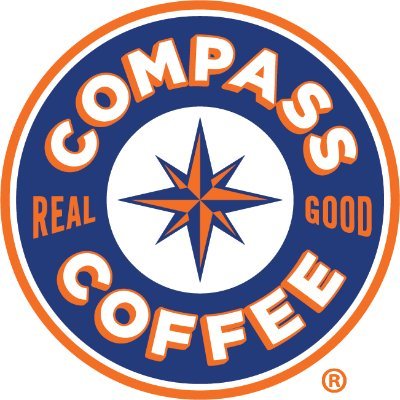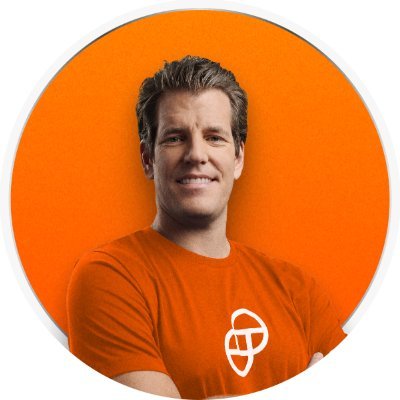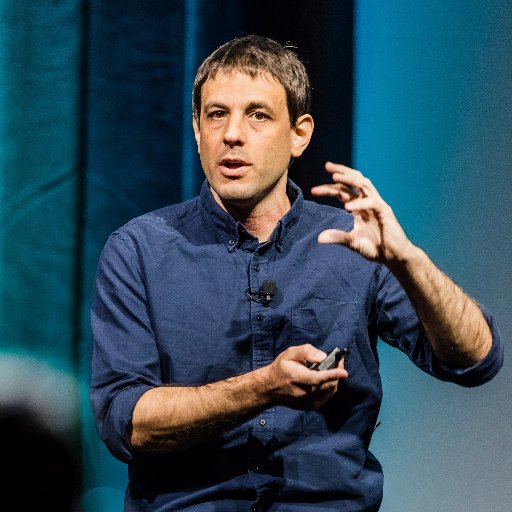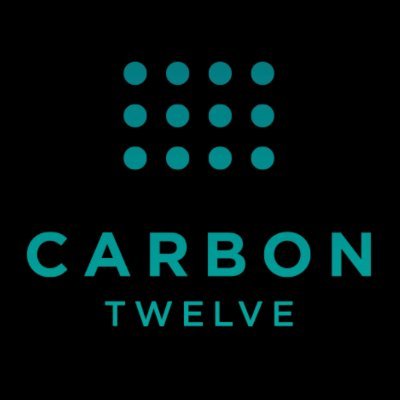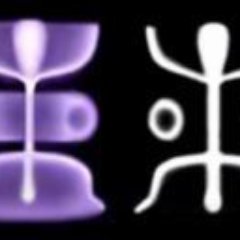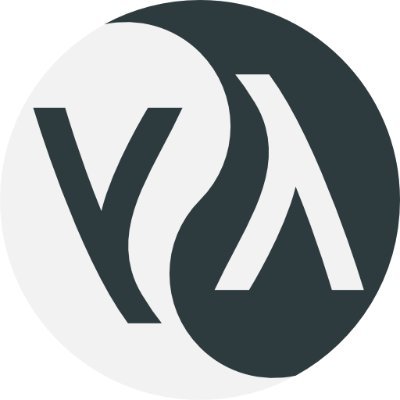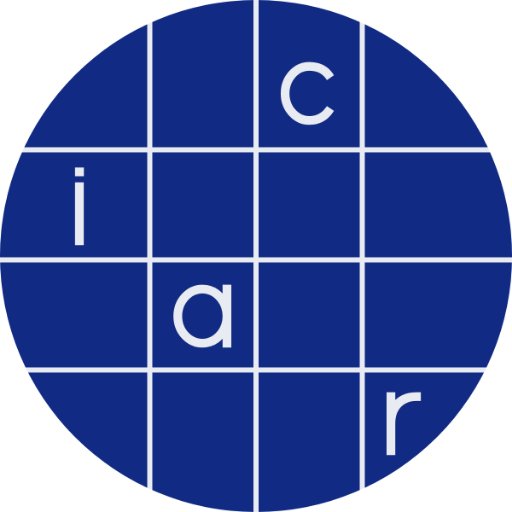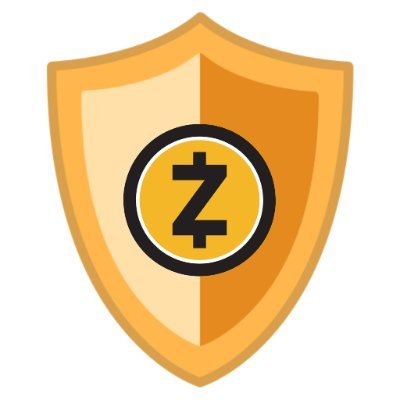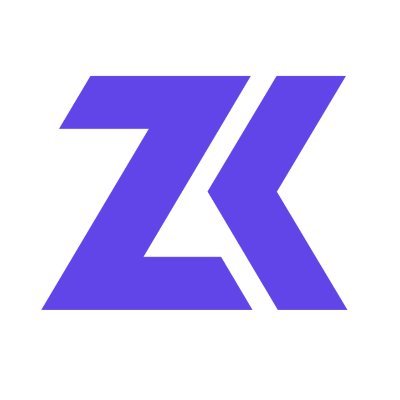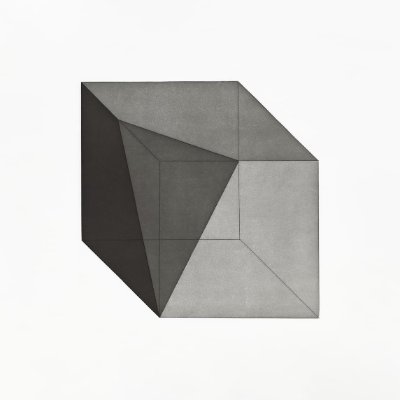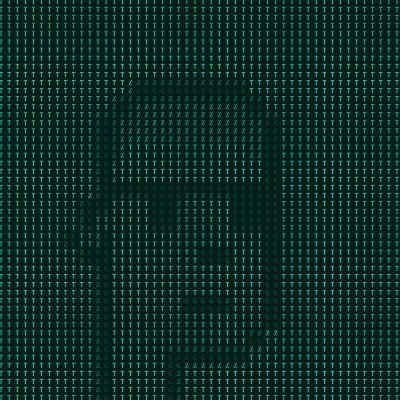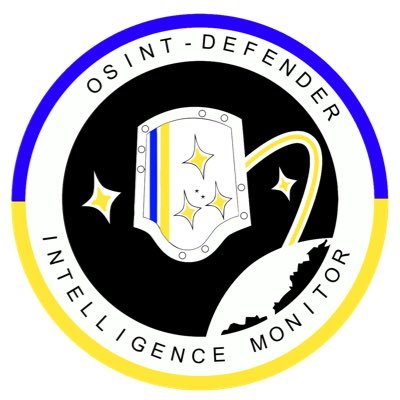
Ian Miers
@secparam
CS Prof. Security and applied cryptography. Some highlights: Zerocash (zcash, et al. ), Zexe (Aleo, Aztec, etc ), zk-creds/zk-promises(...)
You might like
So, for the price of a cup of coffee, can you actually figure out this compass coffee locations revenue from BTC? I'd guess the transaction likely doesn't go on chain or even on a permissionless l2 where you'd have to put up collateral to participate and maybe see it
Fun fact, the research that led to Zcash was designed to go into Bitcoin. 1) Bitcoin core devs said no (rightly, it wasn't battle tested yet) 2) BTC fees + TX size were hard 3) No one came with funding So no. BTC could add privacy now, OG Zcash folks would probably even help.
Zooko could have made a Bitcoin L2 without minting his own token.
Private relay, et al., are in essence Tor-light. They give you more bandwidth but require more trust for anonymity. For most users, that trade-off is likely worth it. Plus, it’s possible to run them for profit without the crazy attack vectors that add to volunteer schemes.
One of the most interesting recent privacy developments is the deployment of big two-hop IP blinding VPNs by companies like Apple and Google. These systems are designed to ensure that even those companies can’t link web requests to IP addresses.
One of the most interesting recent privacy developments is the deployment of big two-hop IP blinding VPNs by companies like Apple and Google. These systems are designed to ensure that even those companies can’t link web requests to IP addresses.
Long ago, when we were starting Zcash, I read the Cryptonomicon. Zcash is now getting stranger than that.
Privacy is the precondition for many of our freedoms. It’s the point at which government and corporate reach end and our individual freedoms and self-sovereignty begin. As our lives have moved online, privacy’s become a rare, vanishing commodity. That’s why we founded Cypherpunk…
The Tachyon concept/architecture is such an elegant solution to nullifier scalability: Evolve nullifiers over epochs Reveal/store nullifiers for the current epoch only Prove unspent in a past epoch Outsource proving to oblivious service via recursive proofs Infinity unlocked
New work with @ebfull on scaling Zcash and Zexe-derived protocols like Aleo and Aztec. zkSNARKs are now a (fantastic) commodity. They were always just one piece of the puzzle: building a secure protocol architecture for "shielded state" manipulation. eprint.iacr.org/2025/2031
Tachyon has many crucial components, but they're all centered around this new technique that allows Zcash's nullifiers (and everything else about a shielded transaction) to be *pruned* by validators for the first time *without* privacy issues. Huge unlock for scale.
New work with @ebfull on scaling Zcash and Zexe-derived protocols like Aleo and Aztec. zkSNARKs are now a (fantastic) commodity. They were always just one piece of the puzzle: building a secure protocol architecture for "shielded state" manipulation. eprint.iacr.org/2025/2031
Should we be calling things private or confidential, or something else? I'm not sure confidential is the right term, but I think Justin is right privacy is not the right term.
The more time I spend thinking about privacy as a product goal, the more convinced I am that the words "privacy" or "private" should be used sparingly. Trustworthy, confidential, encrypted, authenticated, vetted, proven. These are all much more meaningful.
United States Trends
- 1. #DWTS 46.9K posts
- 2. Whitney 14.2K posts
- 3. Elaine 16.6K posts
- 4. Keyonte George 1,142 posts
- 5. Dylan 23.6K posts
- 6. #WWENXT 14.7K posts
- 7. Jordan 106K posts
- 8. Taylor Ward 2,318 posts
- 9. Winthrop 2,050 posts
- 10. Harrison Barnes 1,797 posts
- 11. LeBron 47.4K posts
- 12. Robert 83.5K posts
- 13. Grayson 5,487 posts
- 14. Orioles 4,918 posts
- 15. Haiti 40.9K posts
- 16. Tatum 12.8K posts
- 17. Alix 5,209 posts
- 18. Derek 10.9K posts
- 19. #Blackhawks 1,603 posts
- 20. Connor Bedard 2,296 posts
You might like
-
 Benedikt Bünz ☕️
Benedikt Bünz ☕️
@benediktbuenz -
 Eli Ben-Sasson | Starknet.io
Eli Ben-Sasson | Starknet.io
@EliBenSasson -
 Yehuda Lindell
Yehuda Lindell
@LindellYehuda -
 Andrew Miller
Andrew Miller
@socrates1024 -
 Patrick McCorry 🐋
Patrick McCorry 🐋
@stonecoldpat0 -
 karl.floersch.eth (✨🔴_🔴✨)
karl.floersch.eth (✨🔴_🔴✨)
@karl_dot_tech -
 Dan Boneh
Dan Boneh
@danboneh -
 Aniket Kate
Aniket Kate
@aniketpkate -
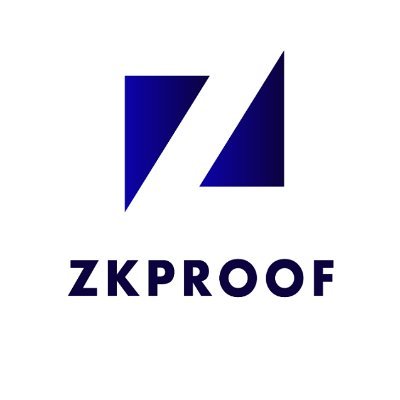 ZKProof Standards
ZKProof Standards
@zkproof -
 Matthew Green is on BlueSky
Matthew Green is on BlueSky
@matthew_d_green -
 Anna Rose
Anna Rose
@AnnaRRose -
 Rosario Gennaro
Rosario Gennaro
@rgennaro67 -
 zooko🛡🦓🦓🦓 ⓩ
zooko🛡🦓🦓🦓 ⓩ
@zooko -
 JP Aumasson
JP Aumasson
@veorq -
 Joseph Bonneau
Joseph Bonneau
@josephbonneau
Something went wrong.
Something went wrong.
















